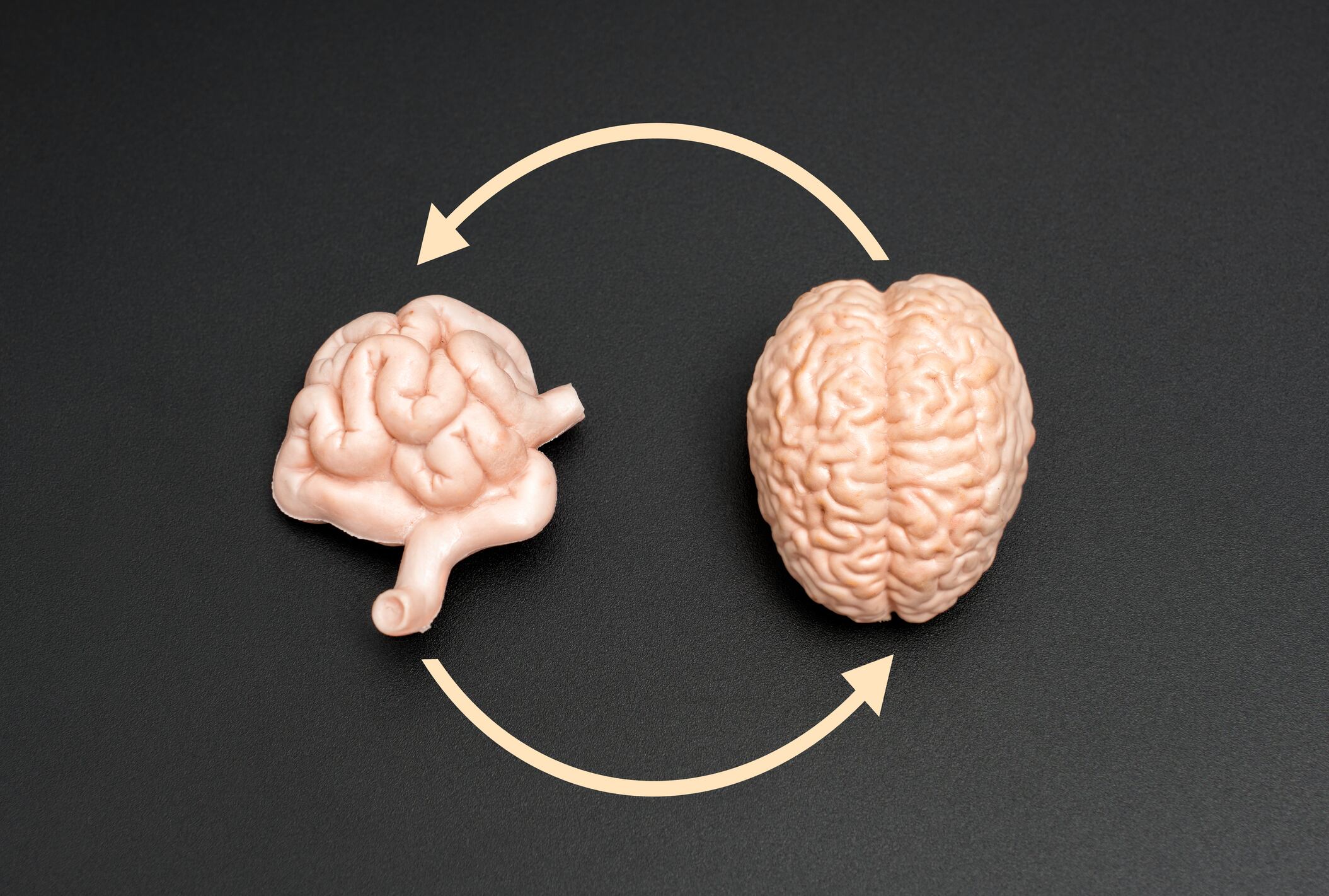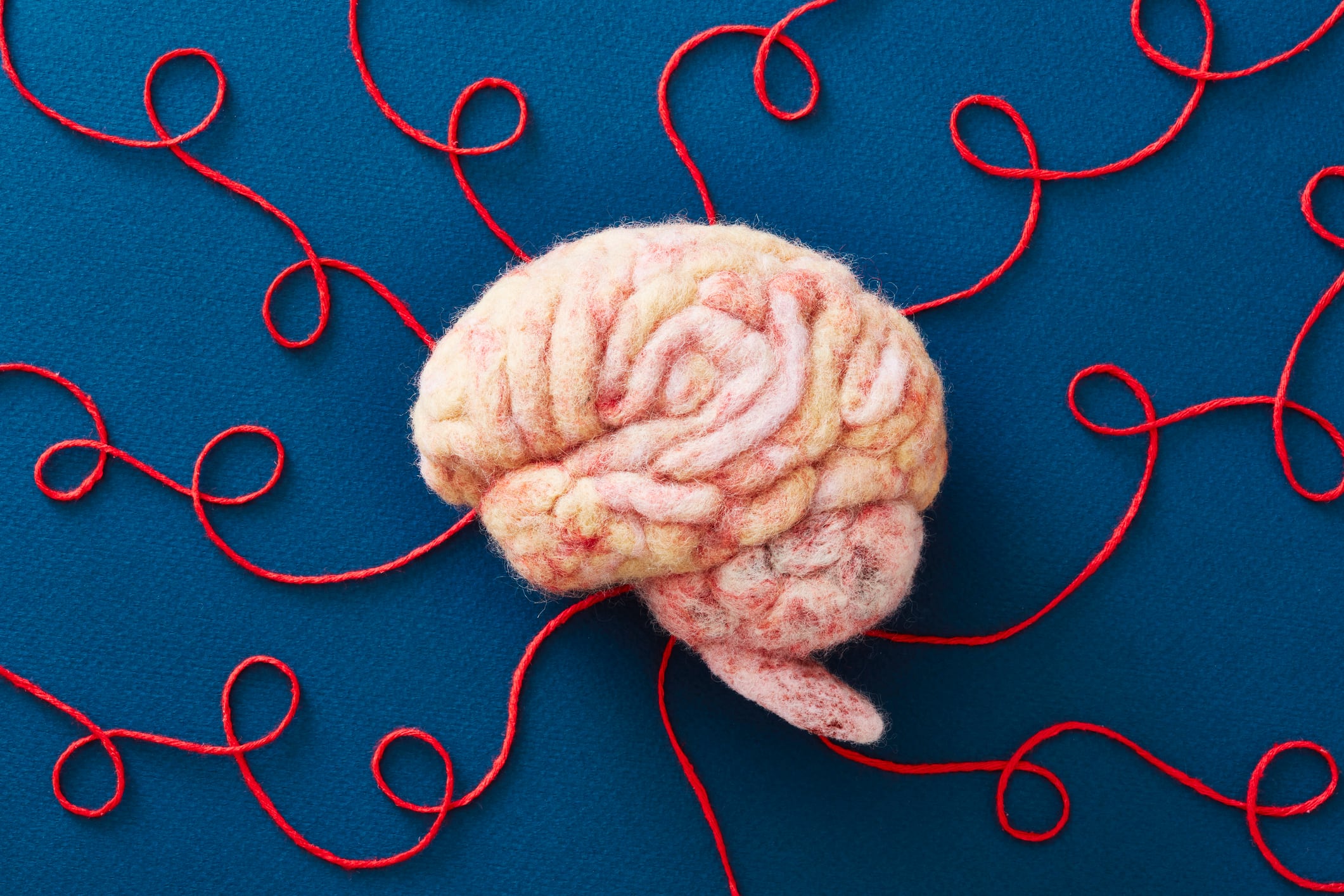LL supplementation may “enhance cognitive function in MCI by modulating the gut–brain axis through effects on gut microbiota and related metabolites,” wrote researchers from Woosuk University and other institutions, noting the supplement’s potential as a safe functional food to support cognitive health.
LL is a probiotic strain isolated from fermented milk that has demonstrated health benefits in previous studies. It may enhance lipid metabolism and fatty acid oxidation, modulate the gut microbiota, and suppress inflammation.
The current research noted that recent non-clinical studies suggest LL may produce indole-3-lactic acid, which may “mitigate amyloid pathology, and thus improve cognitive function, providing a potential mechanistic link between modulation of the gut microbiota and neuroprotection.”
However, although the potential benefits of LL have been demonstrated in experimental models, the researchers noted human evidence is still scarce, thus motivating their current study.
The Alzheimer’s Disease Assessment Scale–Cognition (ADAS-Cog) is the gold-standard assessment tool for evaluating the efficacy of interventions for dementia. The study found improvements in this score with LL supplementation as well as in memory sub-scores.
“Collectively, the improvements in ADAS-Cog scores observed in this trial highlight the potential of LL as a targeted probiotic approach for improving global cognition and memory among older adults with MCI,” the researchers wrote.
The findings also revealed a greater abundance of Lactobacillaceae, Bifidobacteriaceae, and Lactobacillus in the LL group, an increase in butyric acid, and a trend towards increased butyrate producers, some of which have been associated with better cognitive outcomes in previous studies.
Study details
Researchers randomly assigned 100 older Korean adults aged 55-80 years with MCI to receive either LL (5.0 × 109 CFU/day) or placebo for 12 weeks, assessing efficacy and safety at baseline and the end of the study period.
The results indicated that compared to placebo, LL supplementation resulted in significantly greater improvements in the Alzheimer’s Disease Assessment Scale–Cognition 13 total score, the memory sub-score, reaction time for Part A of the Trail Making Test, and word/color reaction times on the Stroop test.
Analysis of fecal samples showed more beneficial microorganism changes in the supplement group, “with the most pronounced shifts at the family (Lactobacillaceae, Bifidobacteriaceae) and genus (Lactobacillus) levels,” the researchers noted. Additionally, the LL group showed higher levels of indole-derived metabolites and butyric acid.
The safety assessments suggested the supplement was safe and well-tolerated.
The researchers noted the study limitations and called for future research involving more extended intervention periods, more diverse populations, and broader mechanistic assessments.
Source: Nutrients 2025, 17(20), 3313; https://doi.org/10.3390/nu17203313, “Efficacy and Safety of Lactobacillus delbrueckii subsp. lactis CKDB001 Supplementation on Cognitive Function in Mild Cognitive Impairment: A Randomized, Double-Blind, Placebo-Controlled Clinical Trial”, Authors: H-I Baek et al.




